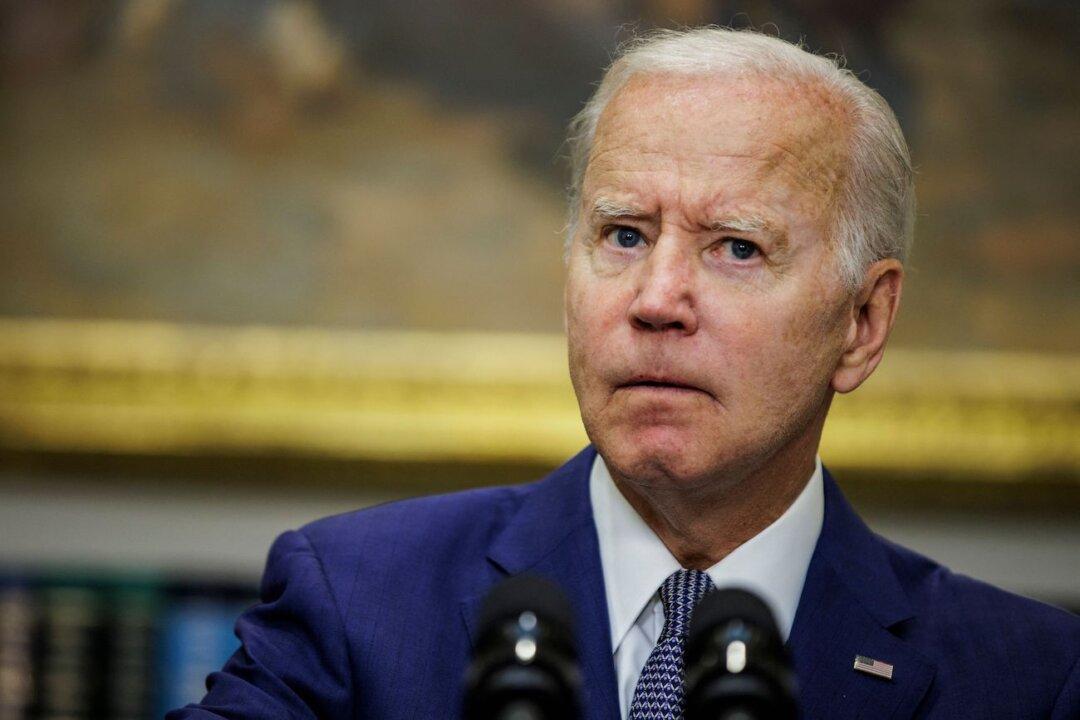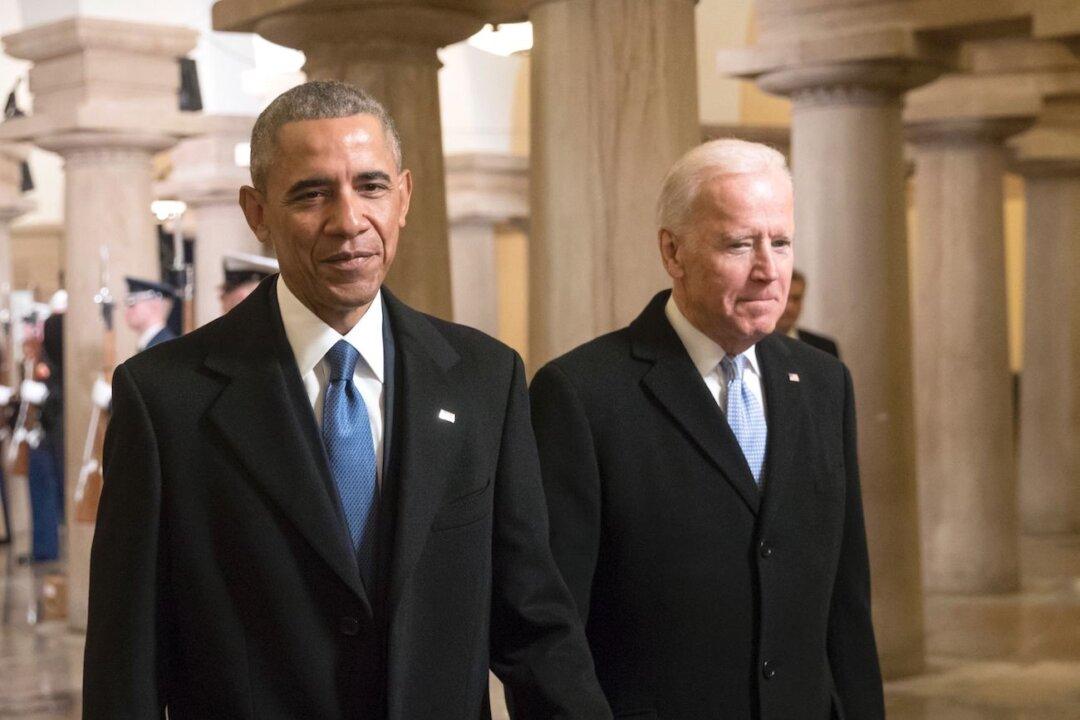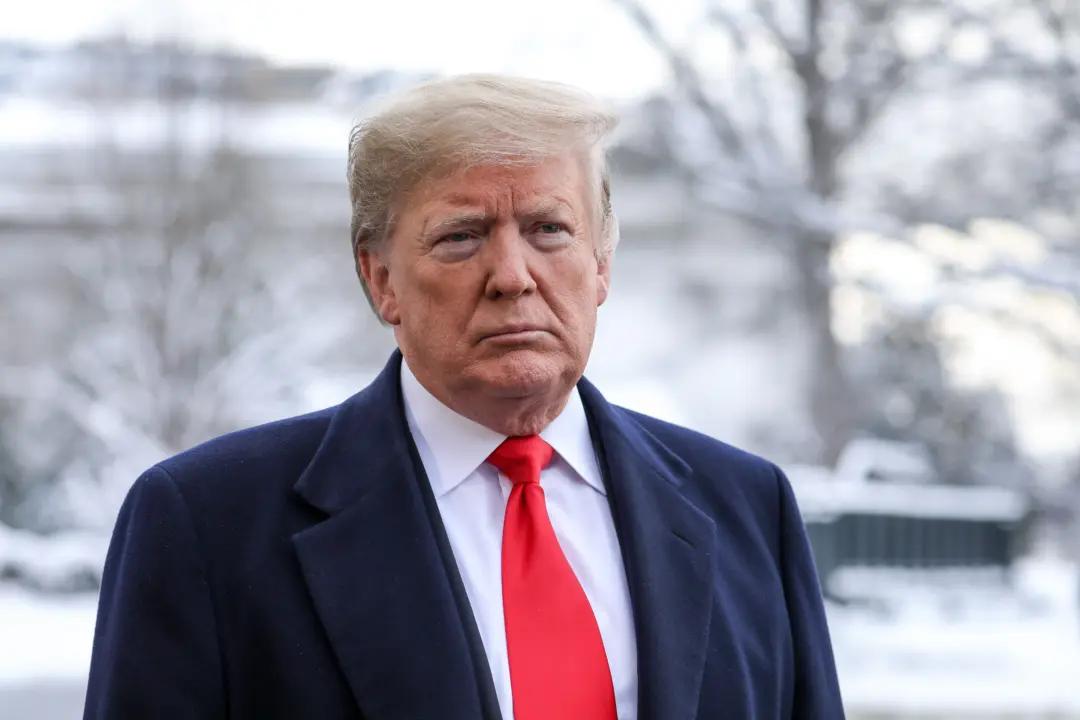Commentary
President Joe Biden, who faces four-decade-high inflation and record-high gasoline prices, is set to depart for the Middle East this week. As part of his trip, he will visit the Kingdom of Saudi Arabia. He may not explicitly beseech the kingdom’s precocious crown prince, Mohammed bin Salman (MBS), for an increase in oil output, but the timing of this trip—amid consumer jitters at the pump and destabilized global commodities markets—is surely more than mere happenstance. Oil production, and perhaps the simmering Iranian nuclear threat, will surely dominate the conversation.





